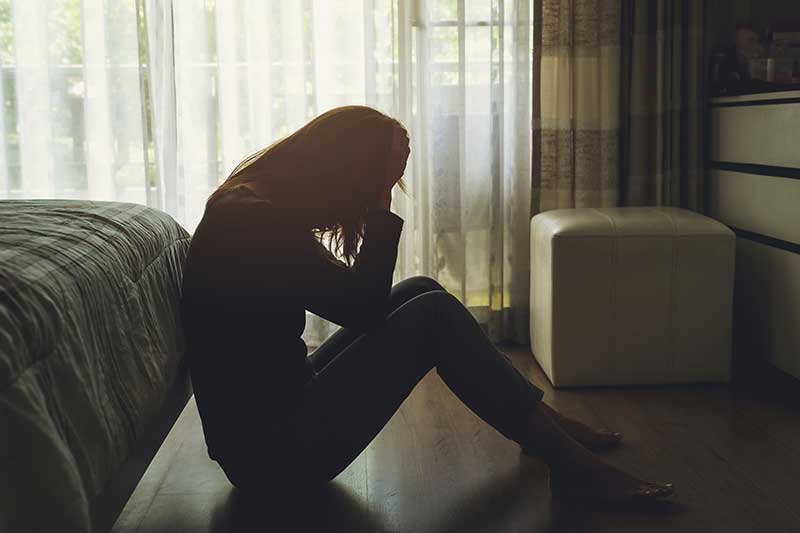Celebrity deaths, new study heighten focus on suicide

In the midst of two celebrity deaths in one week, a new federal health report shows suicide rates are up by 30 percent since 1999.
World-renowned chef Anthony Bourdain and fashion designer Kate Spade both reportedly took their own lives. Spade's family confirmed that she suffered from depression, but experts say that's not always a predictor for suicide.
A study released this week by the U.S. Centers for Disease Control and Prevention found that only half of those who died by suicide had a known mental-health condition. Researchers found that relationship problems or loss; substance misuse; physical health problems; and job, money, legal or housing stress often contributed to risk for suicide.
EVMS Psychiatry and Behavioral Sciences Professor Serina Neumann, PhD, says researchers are working to understand the factors behind this new data.
"The suicide numbers may have risen, particularly for the middle-aged group, due to our economic recession and financial hardships that were devastating to many," Dr. Neumann says. "The 1999 suicide rates were lower than usual and likely due to economic health at the time."
Dr. Neumann says the higher suicide rate may also stem from the stigma of mental health issues and poor access to mental healthcare.
No matter the reason, suicide remains the 10th leading cause of death in the U.S., according to the CDC.
"Suicide is a leading cause of death for Americans — and it's a tragedy for families and communities across the country," says CDC Principal Deputy Director Anne Schuchat, MD. "From individuals and communities to employers and healthcare professionals, everyone can play a role in efforts to help save lives and reverse this troubling rise in suicide."
If you are struggling with depression or considering suicide, experts say to talk to a friend, neighbor, family member, religious figure, hospital, doctor, mental health specialist or the police department. The National Suicide Prevention Lifeline is a 24/7, free and confidential resource you can call at 800.273.TALK (800.273.8255).